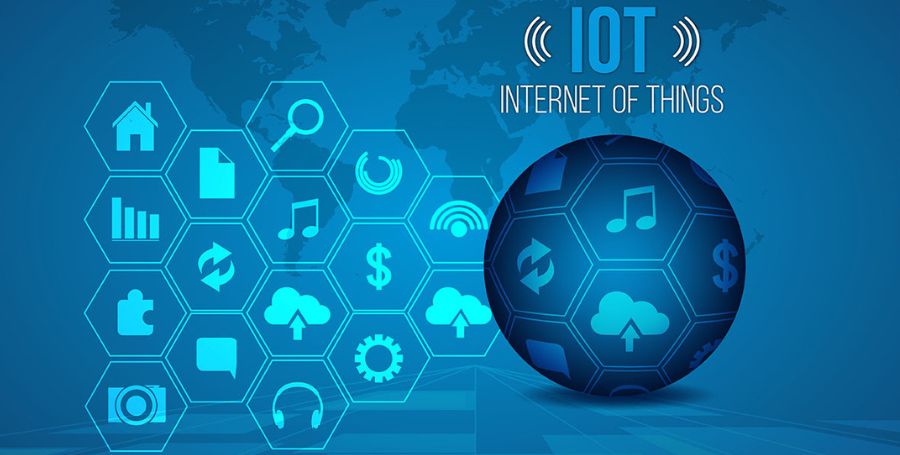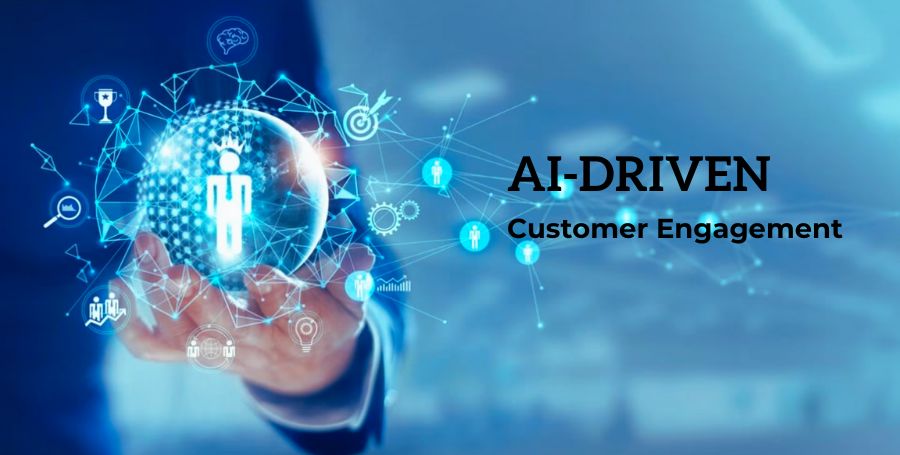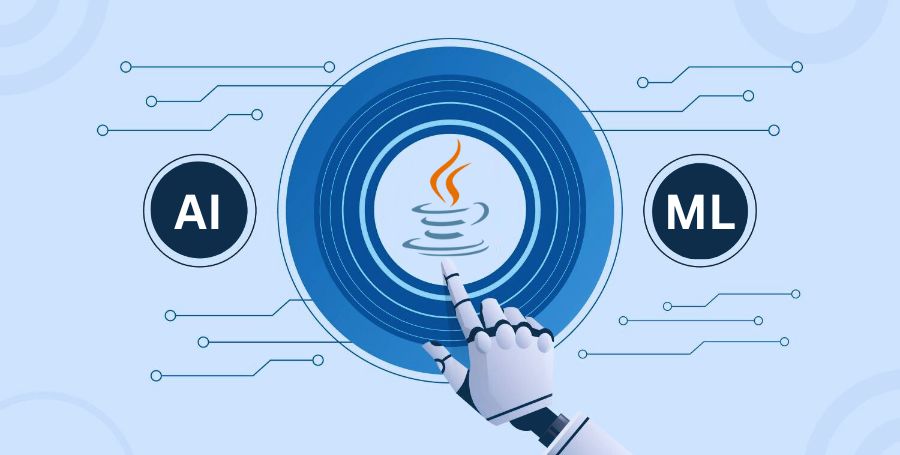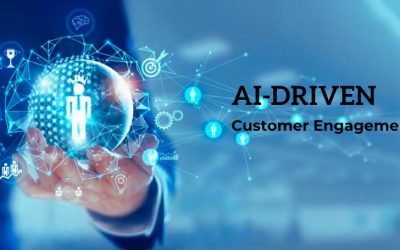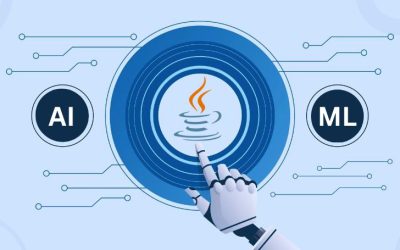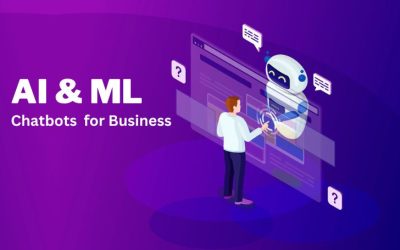In the rapidly evolving landscape of artificial intelligence (AI), the concept of automation has been a focal point for several years. Automation has undeniably revolutionized industries, streamlining processes and enhancing efficiency. However, the next frontier in AI transcends mere automation, introducing the transformative capabilities of adaptive AI.
Revolutionizing Interaction: Is Adaptive AI Changing How Machines Interact?
Ever wonder if machines can be more than just rule followers? Take a stroll into the future, where Adaptive AI is rewriting the script. It’s not about following rules anymore; it’s about machines learning and evolving independently, creating a new era of adaptability and precision. The future is here, changing how machines behave. Are you ready to join in?
Dynamic Intelligence: Can Adaptive AI Understand Real-Time Context?
Rather than clinging to old data, these systems are like fast learners, constantly analyzing what’s happening now. Explore how this real-time understanding lets machines make smart decisions in unpredictable situations.
Let’s study more specific examples of machines making decisions in real time.
Autonomous Emergency Braking in Cars
Many modern vehicles employ Adaptive AI for autonomous emergency braking systems. These systems use sensors and cameras to detect obstacles in real time and make split-second decisions to apply the brakes, preventing collisions.
Algorithmic High-Frequency Trading
High-frequency trading algorithms in finance operate in real-time, analyzing market data and executing trades within fractions of a second. These algorithms can detect market trends and react swiftly to capitalize on profitable opportunities or avoid potential losses.
Smart Thermostats in Homes
Nest Learning Thermostat is a device that uses real-time occupancy sensors and user behavior analysis to adjust the temperature in homes. If a room is unoccupied, the thermostat can dynamically change the temperature to conserve energy.
Real-Time Fraud Prevention in Credit Card Transactions
Credit card companies employ Adaptive AI algorithms that analyze transaction patterns in real-time. If a purchase seems unusual or deviates from the cardholder’s typical behavior, the system may instantly flag it for potential fraud, preventing unauthorized transactions.
Medical Imaging with AI Diagnosis Assistance
Imaging machines enhanced by AI can provide real-time diagnostic assistance. For instance, an AI algorithm analyzing a medical scan can promptly identify anomalies, aiding radiologists in making faster and more accurate diagnoses.
Predictive Maintenance in Manufacturing
Adaptive AI Services are used for predictive maintenance in manufacturing equipment. By continuously monitoring machine data in real-time, AI algorithms can predict when equipment is likely to fail, allowing for proactive maintenance to prevent costly downtime.
Real-Time Drone Surveillance for Security
Drones equipped with real-time image recognition AI can enhance security surveillance. These drones can identify and respond to security threats in real time, providing a dynamic and agile approach to monitoring large areas.
Dynamic Route Optimization for Delivery Trucks
Delivery logistics companies utilize Adaptive AI for real-time route optimization. Algorithms use traffic conditions, weather, and delivery schedules to dynamically adjust routes, making sure deliveries arrive on time and minimizing delays.
These examples illustrate how machines powered by real-time decision-making capabilities of Adaptive AI can navigate complex scenarios, respond to immediate challenges, and optimize outcomes in diverse applications.
Reshaping Sectors: How is Adaptive AI Shaping Healthcare, Finance, and More?
Join the journey of adaptive AI as it goes beyond everyday tasks, influencing big decisions in healthcare, finance, and manufacturing. See how it’s not just a tool but a game-changer, enhancing medical diagnoses, analyzing markets, and shaping the future of industries.
Healthcare: Enhanced Diagnostics with IBM Watson Health
Adaptive AI, exemplified by IBM Watson Health, is revolutionizing healthcare diagnostics. Watson Health analyzes vast datasets of medical literature, patient records, and clinical trials in real time. It assists healthcare professionals in making informed decisions by providing insights into complex medical cases, suggesting personalized treatment plans, and accelerating research.
Finance: Algorithmic Trading with Quantitative Hedge Funds
Adaptive AI plays a crucial role in algorithmic trading in the finance sector. Complex algorithms are used by quantitative hedge funds like Renaissance Technologies to analyze market data in real time. These algorithms make split-second trading decisions, optimizing investment strategies and capitalizing on market fluctuations.
Manufacturing: Predictive Maintenance with General Electric’s Predix
Adaptive AI, as seen in General Electric’s Predix platform, is reshaping manufacturing through predictive maintenance. Predix analyzes real-time data from industrial equipment, predicting potential failures before they occur. This proactive approach minimizes downtime, reduces maintenance costs, and enhances overall operational efficiency in manufacturing processes.
These real-time examples showcase how adaptive AI is not just a buzzword but a transformative force in specific applications. In healthcare, it’s helping save lives by providing advanced diagnostics and treatment recommendations. In finance, it’s revolutionizing trading strategies, maximizing returns, and managing risks effectively. In manufacturing, it’s ensuring machinery operates optimally, preventing breakdowns, and maintaining smooth production processes. The impact of adaptive AI is tangible, making waves across sectors and paving the way for a future defined by intelligent decision-making.
Fine-Tuned Accuracy: What Makes Adaptive AI So Precise in Predictions?
Dive into the world of precision with adaptive AI. These systems become experts at understanding data, catching even the tiniest details and outliers. See how this precision isn’t just a tech thing—it’s changing your experiences in technology and making supply chains super-efficient.
How Does the Precision of Adaptive AI Work Its Wonders?
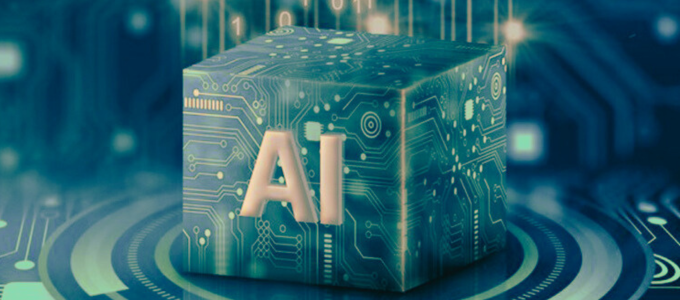
The precision of adaptive AI is like having a superhero sense for patterns. Here’s how it works.
Learning from Data
Adaptive AI starts by learning from loads of data. It’s like giving it a massive puzzle to solve, and it learns the patterns hidden in the pieces.
Continuous Refinement
The cool part is that it doesn’t stop learning. It keeps refining its understanding of the patterns, just like you get better at a game the more you play. This continuous learning is what makes it super sharp.
Spotting the Small Stuff
Adaptive AI doesn’t miss the details. It’s like having a magnifying glass for data. It can pick up on tiny differences and subtle changes in patterns that might be tricky for humans to notice.
Outsmarting Outliers
If there’s something unusual or out of the ordinary (we call them outliers), adaptive AI notices right away. It’s like having a friend who can spot the odd one out in a crowd, helping it make predictions without being thrown off by weird data.
Personalized Experiences
This superhero precision isn’t just for show. In technology, adaptive AI can create personalized experiences just for you. It knows what you like and tailors things to match your preferences.
Efficient Supply Chains
In logistics (that’s the world of shipping and handling goods), the precision of adaptive AI is a game-changer. It can optimize supply chains by predicting when and where things are needed, making the entire process smoother and more efficient.
Think of adaptive AI like a superhero detective, always looking for patterns, understanding details, and making sure everything runs smoothly. Its precision is what makes it a valuable ally in creating accurate predictions and outcomes across various fields.
Navigating the Moral Landscape: Ethical Considerations in Adaptive AI Evolution
Ethical considerations, transparency, and accountability require careful attention. As these systems become more autonomous, ensuring that they align with human values and adhere to ethical standards becomes paramount.
The ethical challenges in the evolution of adaptive AI involve several significant considerations.
Fairness
Making sure AI treats everyone fairly. If the AI learns from biased data, it might make unfair decisions, especially in things like hiring or legal matters.
Understanding AI Decisions
Figuring out why AI makes specific decisions can be challenging due to its complexity. Lack of clear explanation can be the problem, especially if the AI makes mistakes or becomes biased.
Safeguarding Your Information
AI requires a ton of data to learn and improve. It’s crucial to keep this data safe and private. Finding ways to use data for improvement without intruding on people’s privacy is a tricky task.
Who’s Responsible?
As AI becomes more independent, it’s tricky to figure out who is responsible if it makes a wrong decision. Determining responsibility and determining who to blame when AI goes wrong is challenging.
Impact on Jobs
AI doing more tasks can lead to some people losing their jobs. Figuring out how this affects society and finding ways to help people learn new skills is something we need to think about.
Getting Permission
When AI interacts with people, it’s essential to request permission and inform them of the use of their information. It’s crucial to have people aware and agree with the way AI uses their data.
Staying Safe
AI needs to be robust against attacks, and we must ensure that it operates in a secure environment. Preventing the misuse or abuse of AI capabilities is critical to everyone’s safety.
Long-Term Impact
Contemplating the long-term effects of AI on society poses a challenge. It’s crucial to grasp how it could alter our lifestyles and professions while ensuring it doesn’t harm specific groups of individuals.
Addressing these challenges demands a collaborative effort from everyone – technology experts, ethical minds, government representatives, and everyday people. We require established rules, clear guidelines, and continuous discussions to ensure AI evolves in a manner that is equitable, secure, and advantageous for all.
Confluence of Tomorrow: Adaptive AI’s Integration with Emerging Technologies
In the future, combining adaptive AI with other up-and-coming technologies like the Internet of Things (IoT) and augmented reality shows countless potential. This blending creates exciting opportunities for smart, interconnected systems that can smoothly work together and adjust instantly.
Let’s take a peek into the future, where adaptive AI becomes best buddies with other cool tech like the Internet of Things (IoT) and augmented reality. It’s like they’re throwing a big party of possibilities!
Smart Homes and Cities
Picture your home getting super with AI teaming up with all your gadgets. Lights, thermostat, everything knows what you like. And in cities, AI could help with traffic and save energy like a superhero.
Awesome Virtual Adventures
Imagine playing games or learning stuff with augmented reality that’s super personalized, thanks to AI. It’s like entering an entirely new world that’s exclusively for you!
Super Health Insights
Your fitness tracker and other health gadgets teaming up with AI could give your health tips in real-time. It’s like having a health coach in your pocket, cheering you on!
Smooth Factories and Deliveries
AI working with cool tech in factories might make things faster and smoother. And when you order stuff, it could come to you even quicker, like magic!
School That Gets You
Imagine a school where lessons are like your favorite game, fun, and just for you. AI could make learning super cool and personalized to how you like it.
Everyday Helping Hands
AI, IoT, and augmented reality could team up to help you with daily stuff. From cooking to traveling, it’s like having a helpful friend who knows everything!
Safety and Security Sidekick
Picture a superhero security system! AI, IoT sensors, and augmented reality could work together to keep you safe and sound both in the real world and online.
Earth-Friendly Adventures
AI and IoT joining forces could help save the planet. They might figure out how to use energy better and save our air and water fresh. It’s like tech becoming a superhero for the Earth!
So, in the future, technology will become your friendly sidekick, making life more fun, efficient, and safer. But, of course, we’ll need to make sure these tech buddies play nice and follow the rules for a fantastic future!
In the Nutshell
In a nutshell, adaptive AI is like a super-smart tool that goes way beyond regular automation. It can learn, adapt, and work precisely in tricky situations, opening the door to an entirely new era of Artificial Intelligence Development. But to make this happen, we need not just cool tech but also a promise to do things ethically. It’s about ensuring that this advanced AI fits with our human values as it changes how we use and understand technology.
